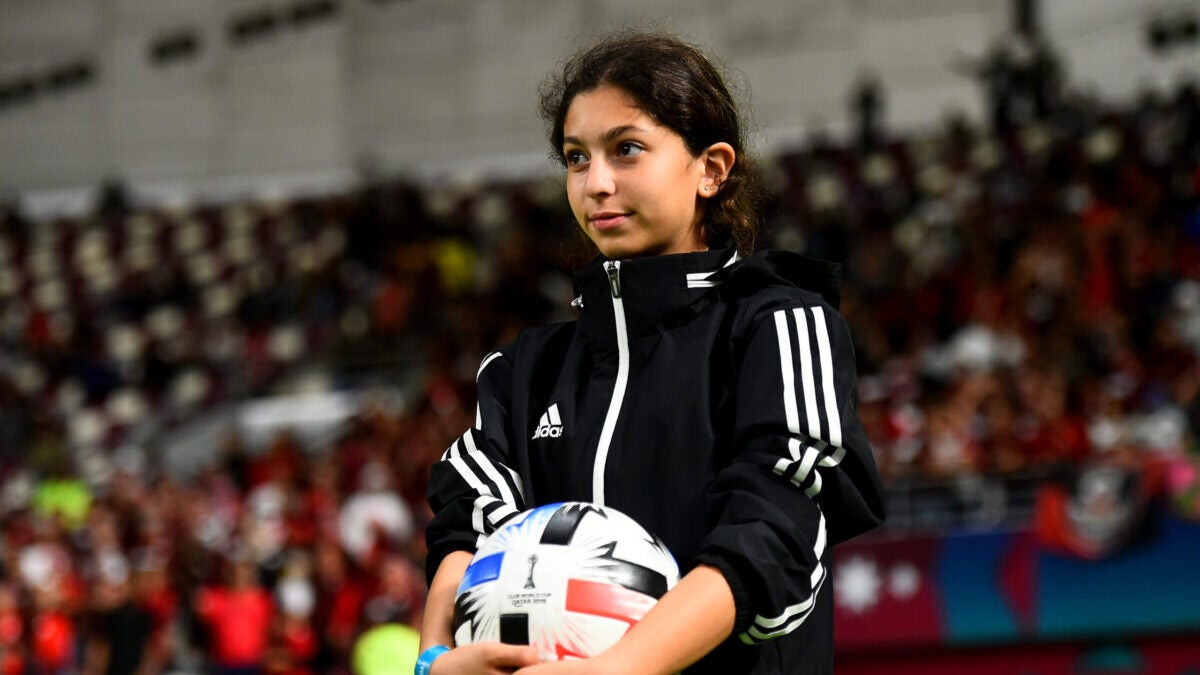GSM Live Insights: Is 2021 the Year for Women and Girls Sport?
Despite a challenging year with plenty of unprecedented obstacles, women and girls sport rose to the occasion. While some have found this surprising, many understand the level of dedication, resilience, and compassion it takes to be a woman in sport. Last year solidified that women and girls can excel as athletes, coaches, and leaders in sport and beyond.
“Women bring everything to sport.”
Phaidra Knight is a lawyer, entrepreneur, World Rugby Hall of Fame inductee, and President of Women’s Sports Foundation. She is also the founder of PSK Collective, an apparel company that strives to elevate issues of pay equity and social justice in women’s sports. To her, women’s sports is a reflection and example of what women contribute to the rest of society in terms of their innovation, talents, leadership, and resilience.
“We need somebody who’s gonna champion other women and be bold enough to stick her foot in the door so it can’t be closed after…”
Dr. Jen Welter is an author, speaker, the founder of Grrridiron Girls, and first female coach in the NFL. She is a trailblazer in the world of sports, particularly American football. She emphasizes that as more women achieve “firsts” in sport, they need to commit themselves to paving a new path and bringing other women onto the field, sidelines, C-suites, and more.
“If you’re not seeing identity targets in the spaces in which you are participating, you are then reinforcing that your identity doesn’t belong.”
Alaina Zanin, PhD, is an assistant professor of organizational and health communication at Arizona State University and a Global Sport Institute Scholar. In 2019, she conducted a study to shed light on how young girls internalize or challenge stereotypes in sport and how this affects their athletic identity. The findings indicated just how powerful sport can be in helping girls explore their identities and gain self-confidence.
“There’s access, but I think we need to think about inclusion, we need to think about diversity, we need to think about equity. I think we need to broaden the conversation.”
Vera Lopez, PhD, is a professor of justice and social inquiry in the School of Social Transformation at Arizona State University and a Global Sport Institute Scholar. She is currently serving on the national commission for Girls on the Run. Her research focuses on overcoming the barriers that prevent sports access and participation among Black and Latina girls.
“We have these structures in place, but because of continuing inequities in schools, we’re not living up to the promise of this law.”
Victoria Jackson, PhD, is a sports historian and a clinical assistant professor of history in the School of Historical, Philosophical, and Religious Studies at Arizona State University and a Global Sport Institute Scholar. She has studied race and gender justice in sport, and notes that while there are pieces of legislation like Title IX that address inequality in sport, the way these are implemented often miss the mark of ensuring inequity and recognizing the intersectionality of race, gender, LGBTQ+ identities, socioeconomic status, and more.
More from our March Issue: The Power of Women and Girls in Sport
VIEW FULL ISSUE
However, just because there were new challenges this year doesn’t mean the old challenges are gone. There is still pay inequity, disparity in media coverage, and a lack of resources and low participation especially at the youth level. There is little consideration about the role of intersectionality and belonging in empowering and keeping girls in sport.
Hear from Phaidra Knight, Dr. Jen Welter, Alaina Zanin, Vera Lopez, and Victoria Jackson about how women and girls can maintain the momentum from the last year to make this one even better.







